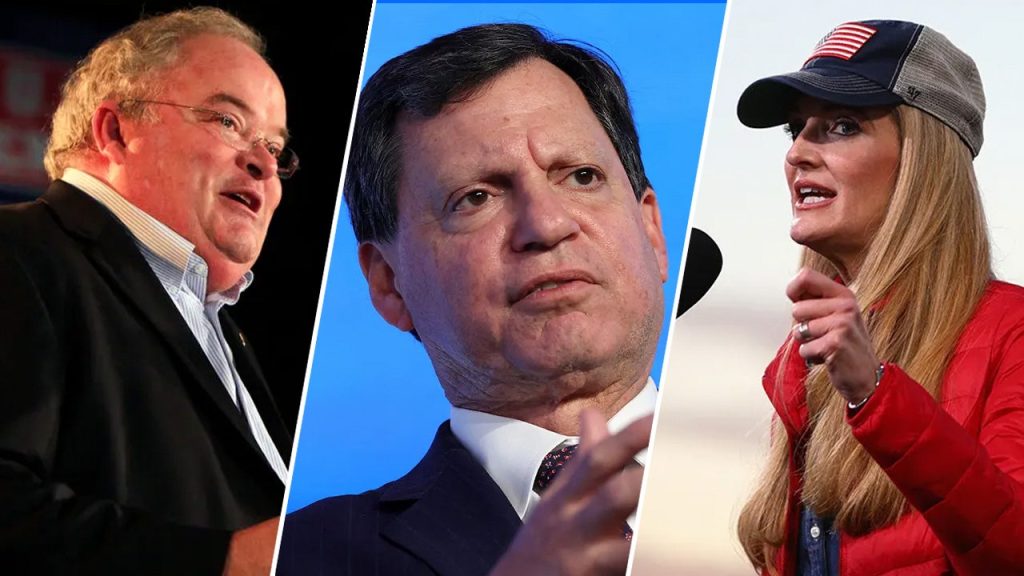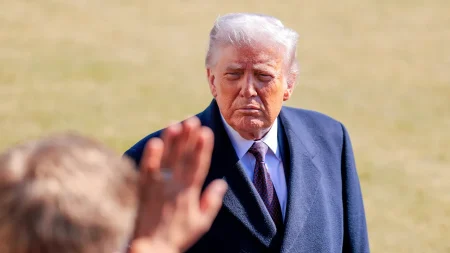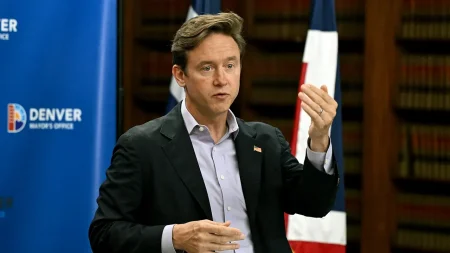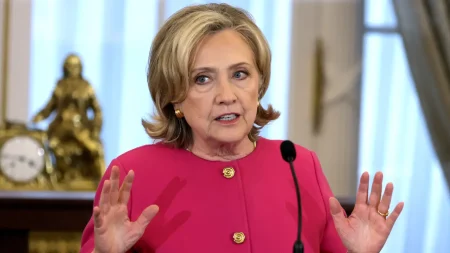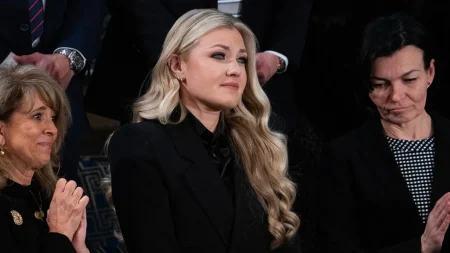On a Wednesday announcement, President-elect Donald Trump revealed his nomination of former Missouri Representative Billy Long as the new commissioner of the Internal Revenue Service (IRS) in his forthcoming administration. In his statement, Trump praised Long for his commendable work ethic and bipartisan respect, emphasizing his extensive experience as a tax adviser and his 32 years in business, primarily in real estate as well as his reputation as one of the country’s leading auctioneers. Trump highlighted Long’s 12 years in Congress, suggesting his real-life experience with finances gives him an essential understanding of the challenges faced by constituents. He expressed confidence that both taxpayers and IRS employees would benefit from Long’s leadership, noting that Long is an adept “people person” with a reputation well-founded in cooperation across the political spectrum.
Following the announcement of Long’s nomination, Trump named former U.S. Senator Kelly Loeffler from Georgia to lead the Small Business Administration (SBA). In his statement, Trump emphasized the critical role of small businesses in sustaining the economy and predicted that Loeffler’s business acumen and political experience would help ease bureaucratic hurdles and encourage the growth of small enterprises. Trump described Loeffler as a fierce advocate for the business community, drawing on her long career in financial services and technology, which culminated in significant growth at a Fortune 500 company. He highlighted her previous involvement in his campaign efforts in Georgia, suggesting a strong collaborative dynamic.
In an action resembling his previous appointments, Trump then selected Frank Bisignano, the CEO of Fiserv, to lead the Social Security Administration. Trump characterized Bisignano as a transformative business leader with an extensive background in managing large organizations. He pointed out Bisignano’s past leadership roles in significant financial institutions, including JPMorgan Chase and Citigroup, underscoring his capability to align the agency’s commitments with the needs of American citizens. By framing these appointments in such a favorable light, Trump aimed to instill confidence that his administration would focus on efficiency and responsiveness in pivotal federal agencies.
The announcement of these appointments signifies Trump’s strategic focus on business and finance as central themes for his new administration. By recruiting individuals with substantial professional experience and proven track records in their respective fields, Trump appears to be positioning his cabinet to address the complexities of the economy and federal service delivery. Each nominee brings a wealth of experience that Trump believes will translate into effective governance, particularly in the arenas of tax, small business development, and social security management.
Moreover, these nominations reinforce the themes of accountability and effective resource management, particularly in agencies that directly impact the livelihoods of American citizens. By prioritizing leaders who have navigated both business challenges and public service, Trump’s choices signal an intent to foster closer relationships between the federal government and the private sector, potentially leading to more innovative solutions for long-standing issues. The emphasis on curbing waste and regulatory concerns reflects the desires of many constituents for more responsible governance in the management of taxpayer funds.
In summary, President-elect Trump’s nominations of Billy Long, Kelly Loeffler, and Frank Bisignano illustrate his commitment to appointing seasoned professionals who bring both industry experience and public service insight. These appointments are not just about filling positions; they signal a broader strategy aimed at reshaping governmental agencies to better serve American people and the economy at large. In selecting leaders from diverse yet complementary backgrounds, Trump aims to create a responsive and effective administration capable of navigating the challenges ahead, particularly in economic recovery and public trust.





